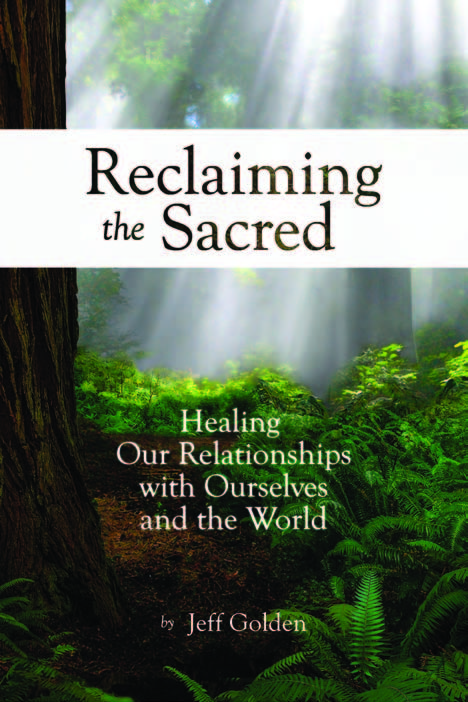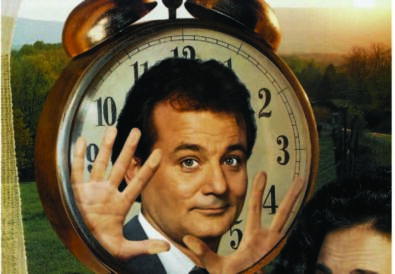In 2005, psychologists Ed Diener and Robert Biswas-Diener interviewed homeless people in the United States and India. The Indians lived in far worse conditions, yet they were actually happier than the Americans. In fact, they reported an overall satisfaction with their lives, something the Americans did not. The key difference between the two was that the Indians had often been able to maintain some connection with friends and family, unlike the Americans. Indeed, the one thing the Americans reported missing the most, even more than dependable food and shelter, was “close and trusting friendships.”
Over the last several decades the psychology of happiness has rapidly expanded our understanding of what nourishes human well-being—and what does not. This study of homeless people highlights critical findings in both directions: relationships are very important to happiness; money and possessions, not so much.
The Currency of Well-Being
To be clear, money can buy happiness. For those of us who do not have enough money to meet our basic needs, additional money means more food, shelter, and medical care, all of which do boost happiness. Even then, though, other things are often still more important, as the homeless study demonstrates.
For those of us who do have enough money to meet our basic needs, even at a very simple level, additional money does almost nothing for our happiness. Indeed, the pursuit of more money beyond that point often results in us being less happy than we would be otherwise, because it often comes at the expense of things that really do matter, like friends and family. All told, geneticist David Lykken and psychologist Auke Tellegen have calculated that money accounts for only 2-4% of our happiness, on average.
A person’s social life, on the other hand, is a strong predictor of happiness—how much time a person spends with friends and family, and the quality of those relationships. This varies somewhat from person to person, but it’s pretty consistently true even for introverts. There is often a pleasure in simply being with friends and family and doing things with them, plus friends often give us a sense of belonging and affirmation, and they can help us in hard times.
The Most Important Relationship
Still, there is a happiness factor that outweighs even our social lives. More important than our relationships with other people are our relationships with ourselves. Psychologist Robert Holden notes, “The quality of your relationship with yourself determines the quality of your relationships with everyone and everything.”
If we think there’s something wrong with us, if we frequently put ourselves down, if we fear how others see us – these continually undermine our happiness, and they distort how we relate to other people and move through our lives. They may cause us to hide our full selves and show only what we think people want to see, or to play small or try to please others. They may fuel competitiveness and perfectionism as we try to make up for what we feel are our shortcomings. They may cause us to cut others down or lash out, as a way of channeling our hurt feelings and trying to stop others from seeing us a certain way.
When we are compassionate and patient with ourselves, loving even, it’s like a constant reassurance and warmth. It continually feeds our well-being, even when the circumstances of our lives are difficult. It helps us engage with other people and activities with greater confidence and presence. It allows us to root ourselves more fully in the lives we are meant to live.
Revisiting Money
All of this helps to explain why money has such a limited influence on our happiness. How happy can we be if we’re not happy with ourselves, regardless of how much money we have? How much can money feed our happiness if on some level we think we’re not worthy of happiness or love or belonging?
In fact, the reverse is much closer to the truth. Psychologists Ed Diener and Shigehiro Oishi found that a person’s overall happiness is more important to how satisfied they are with their financial situation than their income—four times more important. In other words, if we’re generally happy, then we tend to be happy with our income, whatever it is. If we’re not happy, then no matter how much money we have, we generally aren’t happy with it.
This goes a long way to explaining a remarkable phenomenon: Americans are actually less happy with their financial situation today than they were in the 1940s, despite the stunning material gains that have been made since that time. (A third of 1940s homes didn’t even have running water or indoor toilets.) This is largely because Americans are less happy today than they were in the 1940s. Happiness has actually been in a consistent decline since at least that time. This again speaks to the very limited role that money plays in happiness, and also to the fact that prioritizing money when we can already meet our basic needs often actually undermines our well-bring.
Ed Diener summarized the research succinctly: “Materialism is toxic for happiness.”
The Opportunity Before Us
Wise people throughout the ages have celebrated relationships, and they have warned about money and possessions. The science of happiness calls us back to these lessons in a powerful and pointed way. It presents us with an opportunity to shift how we think about purpose and progress, to nourish the quality of our relationships with other people and ourselves, and to elevate true well-being over money and possessions.
 Jeff Golden is the author of Reclaiming the Sacred: Healing Our Relationships with Ourselves and the World, winner of the Grand Prize at the Nautilus Book Awards. Previous winners include the Dalai Lama, Barbara Kingsolver, Thich Nhat Hanh, Deepak Chopra, and Eckhart Tolle. “Many books promise to change a person’s life. This one actually might.” www.reclaimingthesacred.net
Jeff Golden is the author of Reclaiming the Sacred: Healing Our Relationships with Ourselves and the World, winner of the Grand Prize at the Nautilus Book Awards. Previous winners include the Dalai Lama, Barbara Kingsolver, Thich Nhat Hanh, Deepak Chopra, and Eckhart Tolle. “Many books promise to change a person’s life. This one actually might.” www.reclaimingthesacred.net




















